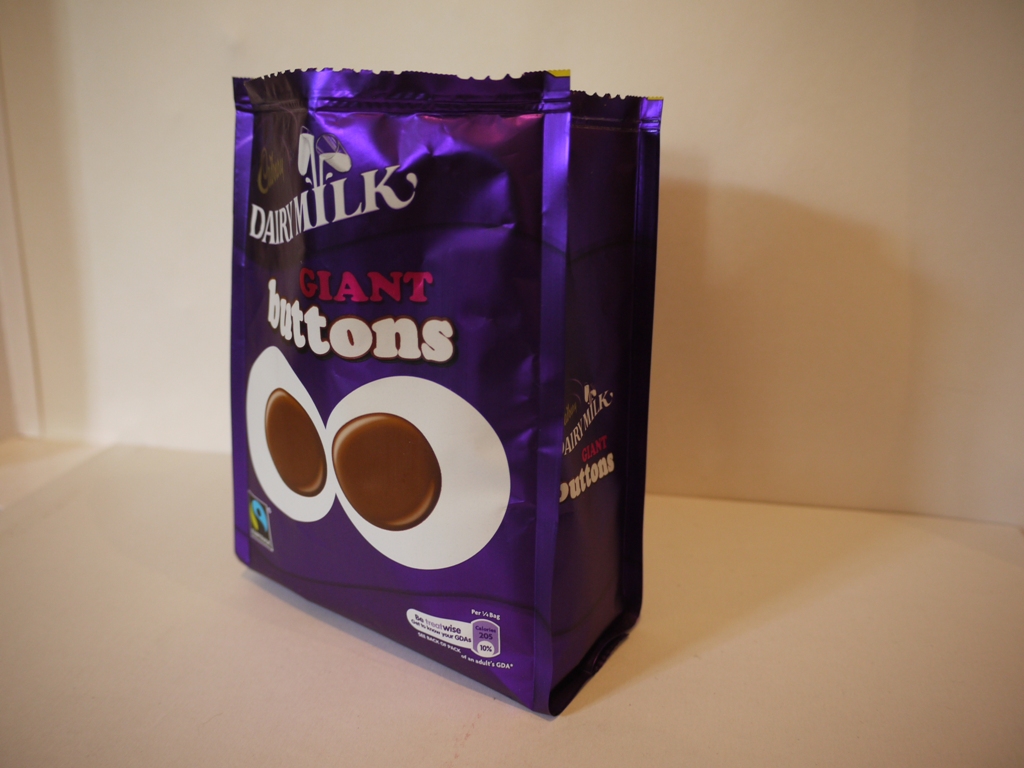I listened to Anne Clwyd MP on the radio the other day, describing the conditions of disinterest and neglect ( like a battery hen) which marked her husband’s death in hospital in Cardiff. In the wake of the Mid Staffordshire inquiry, she has been appointed to a government committee to advise on how NHS hospitals should handle complaints.
She has been inundated with correspondence from people from all over the UK whose relatives received little care or compassion on NHS wards. But perhaps most shocking is that while individuals regularly make the same observations, it is widely recognised among professionals that hospital is no place for the old.
I was responsible for managing my nonagerarian mother’s care and experience in a nursing home in the last five years of her life. About 3 years ago she became severely dehydrated as the result of prolonged diarrhoea. In need of rehydration the GP assigned her to hospital.
I say assigned because, although the distance was less than a mile it took four hours for her to be admitted. Those four hours were spent in an ambulance on the tarmac outside A&E, parked alongside three other ambulances containing elderly non-urgent patients. It was a a freezing cold, brilliantly sunny, January day. Only two ambulances remained in service, I was told, to deal with emergencies in the entire county!
This part of the care was, however, very good to my mother. While an IV saline drip cannot (for reasons of arcane regulation) be provided in a nursing home, she was promptly attached to one in the ambulance. The heating in the van was excellent, and for nearly four hours she lay quietly rehydrating, attended by the paramedic, the driver, a young care assistant from the care home and myself. If only, after the four hours, she could have been taken back to her nursing home!
She was at last processed in A&E and eventually admitted to a ward within the target waiting time (not including the ambulance-blocking hours, which do not count towards the target). It was there that the inadequacies of care became seriously apparent. Placed in a side ward she was left alone for long periods and not provided with a call bell. Anti nausea medicine prescribed by the doctor took more than seven hours to appear from the pharmacy. Simple comforts like tea appeared seldom, ( certainly not on request) while meals were served during “protected mealtimes” when witnessing relatives were banished from the ward. Nursing staff were sullen and uncommunicative.
‘Is she eating anything?’ I asked at the nursing station on my daily visits.
‘Oh we’re very keen on food.’ was the evasive reply.
But evidence there was none. Full plates were cleared away untouched. Food and fluid intake charts were not filled in. Although quite able to stand my mother was manhandled with a hoist and wheelchair to visit her en suite loo. No one sought to find out what her physical abilities were. In her own words, she felt she was handled like a piece of meat. Over a week she became more and more deeply miserable.On the sixth day, without explanation, or recording in the notes, she was put onto a glucose drip. Perhaps they finally noticed she wasn’t eating anything?
Laundry is a reponsibility of the visiting relatives, and on each day I would be provided with a bag of dirties to take home. Because the reason for her bowel problem remained undiagnosed she was receiving ” barrier nursing”. How then did the bags I took home prove to contain other patients’ labelled clothing? When I called to point this out the staff nurse told me that that the two owners of the nightdresses had died, and that I should throw these items away. A little research proved this to untrue. One of the ladies was back at my mother’s nursing home, and I eventually returned her freshly laundered nightdress! I failed to trace the other. But it summed up the attitude on that ward. Old women with a nursing home tag on their admission bracelet were not seen as individuals. They were a generic nuisance.
Eventually I wrote a letter to the consultant ( whom I never saw) requesting that she be discharged, whether they knew what was wrong with her or not. I refused permission for invasive tests, which she would have experienced as nothing short of an assault.
In the course of that week I realised then that hospital is just too harsh an environment for a frail nonagenarian. And that the quality of care is lowest for this category of patient. In her subsequent management I always pointed out to GPs responsible for her care that hospital was not an appropriate destination for the very old. No one ever disagreed, or suggested that the benefits could outweigh the de-merits of hospital admission.

